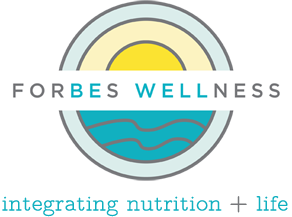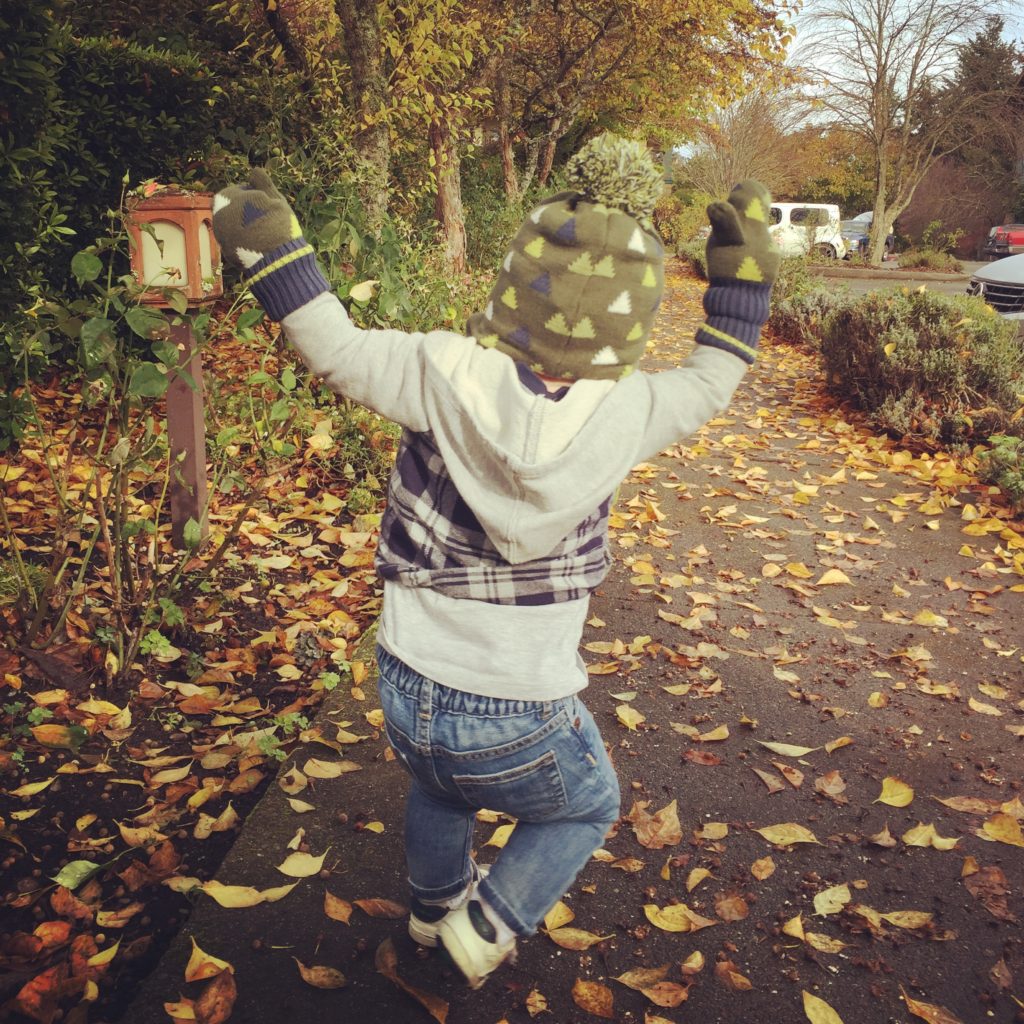the foundation for all of your goals: how to achieve optimal sleep
This one is for all my friends who have trouble sleeping! Which is most of you 🙂
If I were to ever write a book about nutrition +/or weight loss, before I even mention one word about the food we put in our body, I would address two things – adequate water intake and SLEEP (okay 3 – stress management….). Sleep is sooooo underrated when it comes to measuring wellness and improving health outcomes. It is the “remedy” we all know to add to our repertoire when it comes to weight loss and healing EVERYTHING, yet none of us (hellooooo, ME!) actually have mastered it or give it the attention it deserves. (Could someone please pass this memo to my 22 month old?)
What if I told you that your body MUST HAVE deep, good quality, restorative sleep in order to fully benefit from the amazing things you are trying to do for it? I speak often that true, optimal wellness involves a multi-faceted approach, and sleep is just one of the pieces of that pie. As with anything on our “wellness wheel,” when sleep is not efficient, it will keep us from achieving as-close-to-balance-as-possible-without-actually-getting-there status. So taking care of stress by adding one restorative walk a day or improving digestion by eliminating gluten won’t feel as good without also addressing your body’s most evolutionary desire of rest + repair.
Let’s talk now about how you can improve your sleep!
First and foremost let’s talk about what to do during the day that can help keep your circadian rhythm in check….
Depending on what time you went to bed (preferably by 10pm, see why below) – wake up with enough time to do something YOU love, something that fills your cup before your day’s demands start to require all of your energy. Even if it is just 10 minutes of quiet time, walking, or a few minutes of exercise or stretching – relish in that time that is 100% yours. My goal has been to wake up at least 30 minutes before Rowan (which let’s be real does not always happen) – and, I notice a HUGE difference in my overall mood and wellbeing when this is an option versus when I hit the snooze over and over again. This sets the tone for your day, creating space + inspiration for other healthy habits – and every health habit leads to better decisions throughout your day, making the journey toward your ideal life a heck of a lot sweeter.
Sometime within your first few hours of waking, get outside. This is a tip that should come naturally and has a biological backing – getting sunlight exposure, especially early morning, sends signals through your optic nerve to your biological clock that tells you that is daytime – how does this help with sleep you ask? As the day moves along and the sun slowly sets, your body has a better “recognition” of when this should happen based on your early morning sun communication. Darkness stimulates release of melatonin from your pineal gland (the house of this biological clock), which makes you feel drowsy and starts setting your body up for a good night’s sleep.
Next, do some sort of physical activity or movement during your day. Even if it is just 10 minutes of exercise (why I love barre3 online workouts) – moving can improve our quality of sleep. In my opinion + research, it does not matter if you exercise in the morning or prefer afternoon or evening workouts – a perfectly exhausted physical body (as in not too little or too much) helps set the body up for rest. Exercise also induces an internal body temp elevation, and the post-activity body temp drop can promote restful sleep. Not to mention it helps relieve the anxiety + stress that can keep us up at night….But know what works for your body. Some people can’t work out too late or they KNOW it interferes with their sleep. You do you!
Because I must mention food in this post, let’s take a quick sec here to talk about how you can eat optimally to sleep superbly. Proper hormonal balance is key to all things wellness – but sleep is high on that list. Balancing blood sugar is key to reducing inflammation as well as balancing hormones. How can we balance blood sugar? Some tips here are to focus on proper food combination. Eat a good source of protein FOR SURE at breakfast, and preferably with each meal. Protein, fiber + healthy fats help to curb blood sugar spikes. And if you missed my post about a snack that includes this amazing trifecta, you can find that below :). Resist the urge to eat all day long to “keep your blood sugar from dropping too low,” instead eat enough of these three categories (protein + fiber + fat) at each meal to keep that “sugar” steady. Eat less sugar and drink less alcohol to also see blood sugar improvements. Lastly, and the tip even I hate typing, is to reduce intake of our beloved frothy coffee. Caffeine, in heavy doses, can interfere with our ability to sleep by putting us in an excitatory state. Now, with most of these recommendations, individuality is most definitely at play. Genetics can greatly impact how well we metabolize substances like coffee and alcohol, and can even be a factor in how well we metabolize + process carbohydrates. So again – this is where mindfulness and getting to know your body comes into play. Honor that.
Moving along in our beautiful day together, let’s talk naps. I am a fan, as I am in a season where sleep is questionable. (But also can I just say I am the world’s worst napper? I have grandiose ideas on what a nap could be like, but then my head hits the pillow and all I can think about is what I should be doing instead….wah WAHHHH). However, the advice I give my clients is this: if you cannot fall asleep by 10pm and are taking naps, then STOP napping if you can. In an ideal world, all of our sleep is happening during the night. So there’s that. So what to do? Try to resist napping and focus on getting all of your zzzz’s while the sun is down. Consistency is key to success here. Just keep at it until it becomes second nature. In a period of life where sleep is just not happening? Take naps if time allows!
Now we are at the 5 o’clock hour. This is where a lot of the magic happens, a lot of the crucial will-I-sleep-well decisions occur. Sun is still out, but starting to rapidly set (depending on where you are and what time of year it is). If you can, one of the best things you can do for your circadian rhythm is to watch the sunset. This can set off a chain of biochemical reactions that your brain is actually able to decipher as sun-setting – and starts the secretion of melatonin. Remember that light suppresses melatonin production and darkness promotes it. (Isn’t the human body so incredibly amazing?!) This is a good time for a family walk around the neighborhood!
Then you have your yummy blood sugar balancing dinner (uhum, without caffeine or alcohol – insert eyeroll). And we have arrived to the 8 o’clock hour. GET RID OF YOUR DEVICES. Hardest thing to do in my opinion! Try to make a pact with yourself to not watch TV, work on your computer or scroll through social media after 8pm (or even 9pm, whatever is practical and anything helps). This is all related to your “blue light” exposure. Blue light is the light on the spectrum that activates our alertness and tells us it is time to be awake. (It is the blue light in the sun that helps our mood and energy during the day). However, we were never meant to be exposed to large amounts of this light after sunset – this tricks our body into thinking it is still daytime, + is like throwing our biological clock a million curve balls. Mentioning the sleep hormone melatonin once more here, this blue light exposure inhibits melatonin production (source). Obviously I am grateful for our technological advancements, however this has compounded our ability to get quality sleep. Now I will be honest here…avoiding blue light exposure at night is the hardest for me to achieve, especially as I am launching a business and trying to “do it all…”
Here are some things that help me with this process:
- the new iphone software features! You can turn your “night shift” on starting at sunset with your local time, which changes the lighting to “warmer” tones which is better for our sleep – this changes back to regular lighting when the sun rises according to where you are in the world.
- also on the iphone, setting a “bedtime” alarm clock (different than your normal alarm feature) that signals a very peaceful reminder (aka not the ERHHH ERHHH ERHHHH option that immediately makes you want to run out the door and straight into a hole to be buried for days) in advance (I set mine for 30 minutes before I would like to fall asleep). This feature also lets you select how long you would like to sleep, and will wake you up with a soothing noise at your desired time.
- also an iphone feature (as I am typing this I am realizing my dependence on this darn thing…) is the beloved airplane mode. Geez I need to use this more often! Too bad there is no “Kristen-proof” mode that disables my ability to switch it out of this mode, like a small child. But for real, putting this feature on before bed can work like magic!
- even better – keep your phone outside of your bedroom while you are sleeping. A tough habit to break but amazing if you can!
- not an iphone feature, but if you are needing to be on your computer, download the free app f.lux. This works along with your geographical location by automatically dimming the light emitted from your computer at sunset. Totally free!
- speaking of dimming the lights – this is an obvious, but often overlooked, trick that can enhance sleep. Keeping your lights nice + low after sunset can help set the mood…for…SLEEP!
- intentionally cover every small flicker of light that might be visible in your bedroom while you are sleeping. For us, this includes the light emitted from our wifi box.
- And what is currently in the mail for me are these….blue light blockers! They are glasses that you are supposed to wear at night that block this harmful light (also called gamer glasses!) There’s nothing like a nice pair of huge goggles to spice up the night….
Set a goal to be in bed by 10pm if at all possible. Several studies have suggested that the best opportunity for the deepest sleep occurs between the hours of 10pm and 2am. Meaning that if you can snag your 8 hours while covering this window, you have a better chance of staying in deeper sleep than if you fall asleep at a later hour. A lot of physiological things occur around 10pm that allow our body to restore and repair properly, if we are sleeping. It can be more difficult to fall asleep after 10pm, and the sleep we get will be less refreshing + may leave us feeling more fatigued throughout the day. So – let’s test that theory out!
Additional obvious recommendations that tend to get swept under the rug are to invest in blackout curtains + keep your home cool.
So now that we have discussed all of this… what do we do with all of that free time without our devices by our side? My last tip is to develop a yummy bedtime routine that involves a few self-care practices that are unique to you. Spend 30 minutes to one hour (YES, ONE WHOLE HOUR) that is devoted to helping you wind down from your day. Ideas – warm epsom salt bath with a hot tea, followed by applying a relaxing lavender body lotion or magnesium oil, meditation/prayer time, and reading a book that is 100% leisure (vs. work related). Doing this over and over will eventually lead to a habit, + will become a routine over time that your body + mind + spirit will crave. Make this non-negotiable.
If you are nailing all of these suggestions, but still seem to be having trouble with your sleep hygiene, there are some herbs you can look into that can help. (*Please consult your doctor before beginning any supplement or herb). Herbs for sleep (and every occasion) should only be used for a short period of time as the root cause for poor sleep is being determined + adjusted. My favorites are Valerian root and melatonin. Again, discuss this with your health practitioner.
There you have it people, tips to put in your toolbox that will help you cultivate your desire for an overall healthier life. Whether your goals involve losing weight, gaining energy, improving quality of life, enhancing digestion, reducing stress, overcoming an autoimmune disease, conquering a fitness goal, nailing a work assignment, or having a better mood – mastering your SLEEP should be at the top of the to-do list.
And remember, it’s all about progress, not perfection. Creating very tiny shifts are hugely impactful over time! Night night, my friends!






